Ever feel weighed down—physically and mentally—despite not doing anything strenuous? You’re not alone. Many people experience that heavy, sluggish feeling due to a mix of poor habits, stress, and nutritional imbalances. But the good news? You have more control over it than you think.
You are the hero in this journey to a lighter, more vibrant body. If you’ve been struggling with bloating, stiffness, or low energy, this guide was created with you in mind.
With years of experience helping others regain vitality through practical wellness, we are here to guide you through 18 effective ways to feel physically lighter—covering nutrition, movement, and daily habits that are simple yet powerful.
Ready to feel lighter, freer, and more energized? Let’s get started on your transformation.
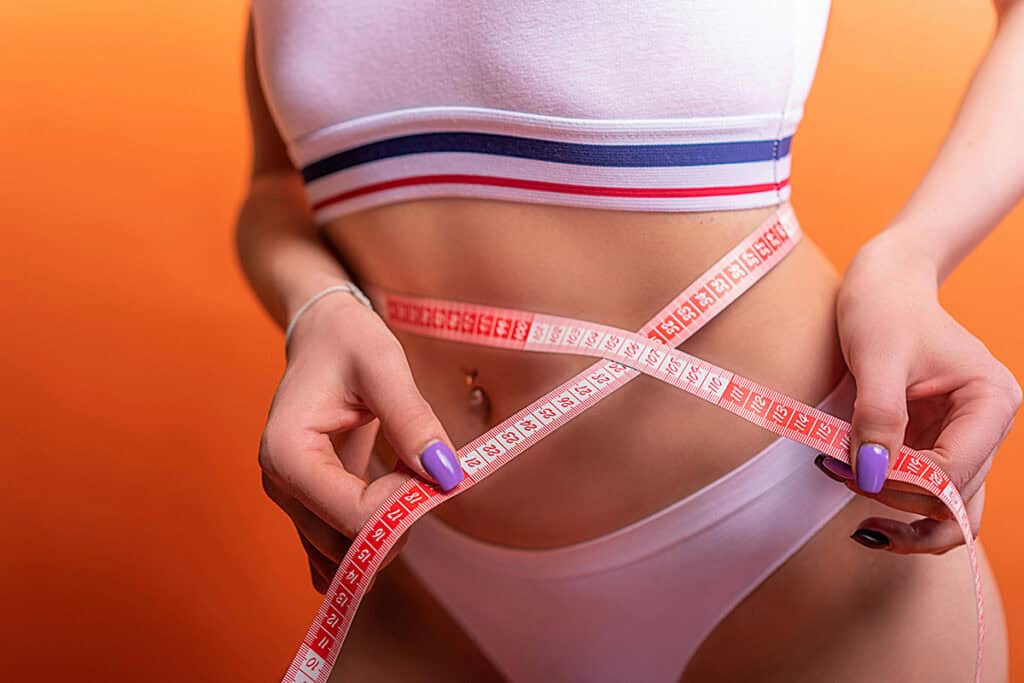
Nutrition to Feel Lighter Physically
What you eat has a huge impact on how your body feels. Choosing foods that support digestion, reduce bloating, and energize your system can help you feel lighter physically throughout the day.
Avoiding overly processed meals, refined sugars, and heavy, greasy foods is key. Instead, focus on fresh, whole foods that support metabolism, weight management, and gut health.
See also Weight Loss Vision Board
1. Eat More Fiber-Rich Foods
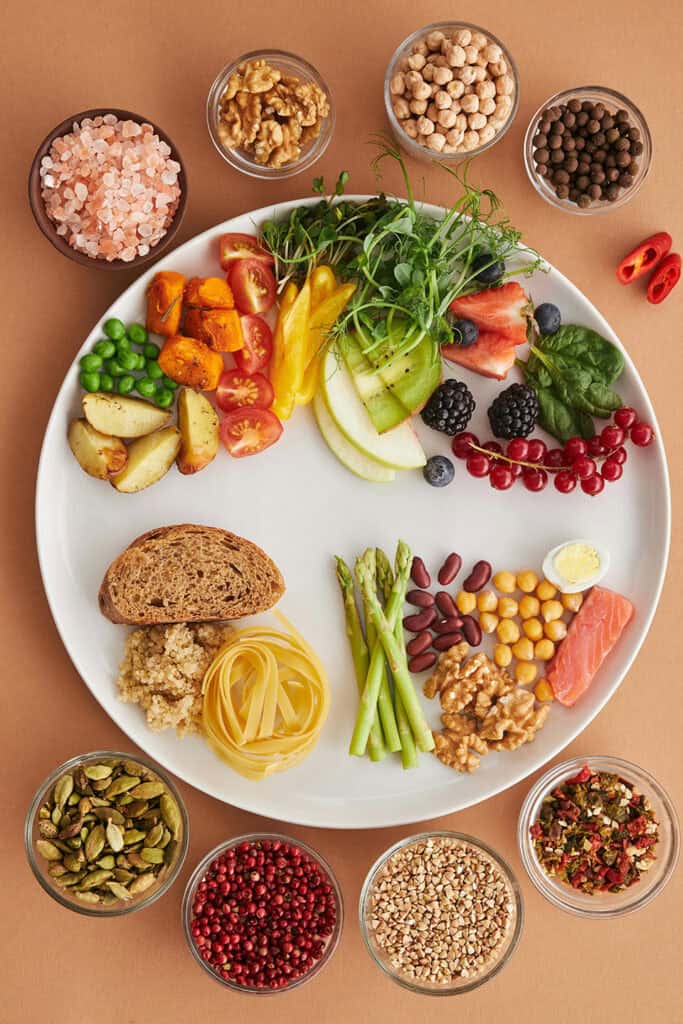
- Fiber helps move waste through the digestive tract, preventing constipation and bloating.
- It supports gut health and provides long-lasting energy.
- Include foods like leafy greens, lentils, chia seeds, apples, and whole grains daily.
- Slowly increase fiber intake to avoid gas or discomfort.
2. Stay Hydrated

- Water is essential for digestion, nutrient absorption, and detoxification.
- Staying hydrated also supports the nervous system and overall mood.
- Aim for 8–10 cups of water per day, more if you’re active.
- Include herbal teas like ginger or peppermint for digestive support.
3. Limit Salt and Processed Foods
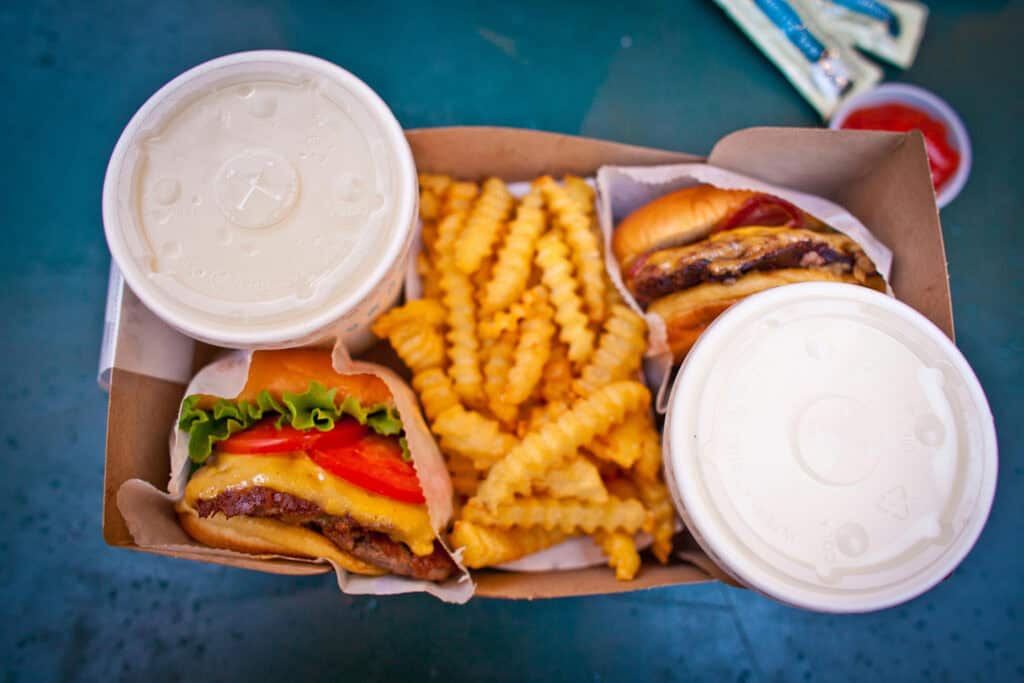
- High sodium causes bloating and water retention.
- Avoid canned soups, processed meats, and salty snacks.
- Opt for a dairy-free diet where possible to reduce inflammation.
- Cook meals at home using herbs, lemon juice, and spices instead of salt.
4. Eat Smaller, More Frequent Meals

- Eating large meals can slow digestion and make you feel sluggish.
- Smaller portions every 3–4 hours keep your metabolism active.
- Helps with weight management and balancing blood sugar levels.
- Avoid eating too close to bedtime.
5. Include Probiotic Foods
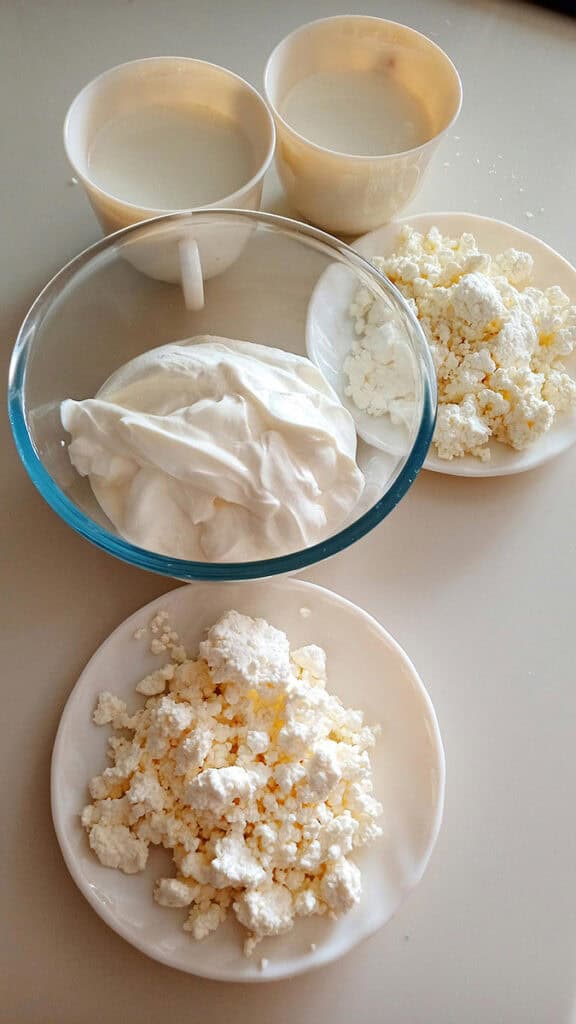
- Probiotics help maintain healthy gut bacteria, improving digestion.
- They reduce bloating and support nutrient absorption.
- Eat yogurt, kefir, sauerkraut, kimchi, or take a probiotic supplement.
- Combine with fiber for best results.
6. Avoid Refined Sugar and Carbs

- Refined carbs can cause energy crashes and increase cravings.
- Replace white bread, pastries, and candy with whole grains and fruits.
- Helps the body feel more stable and energized throughout the day.
- Supports both your physical health and emotional wellness.
Movement to Feel Lighter Physically
Regular physical activity not only burns calories but also stimulates circulation, digestion, and lymphatic drainage. To feel lighter physically, integrate both daily movement and targeted exercise to prevent symptoms of stiffness and stagnation in the body.
See also The Best Foods to Eat After a Workout
7. Walk Daily and Incorporate Regular Exercise
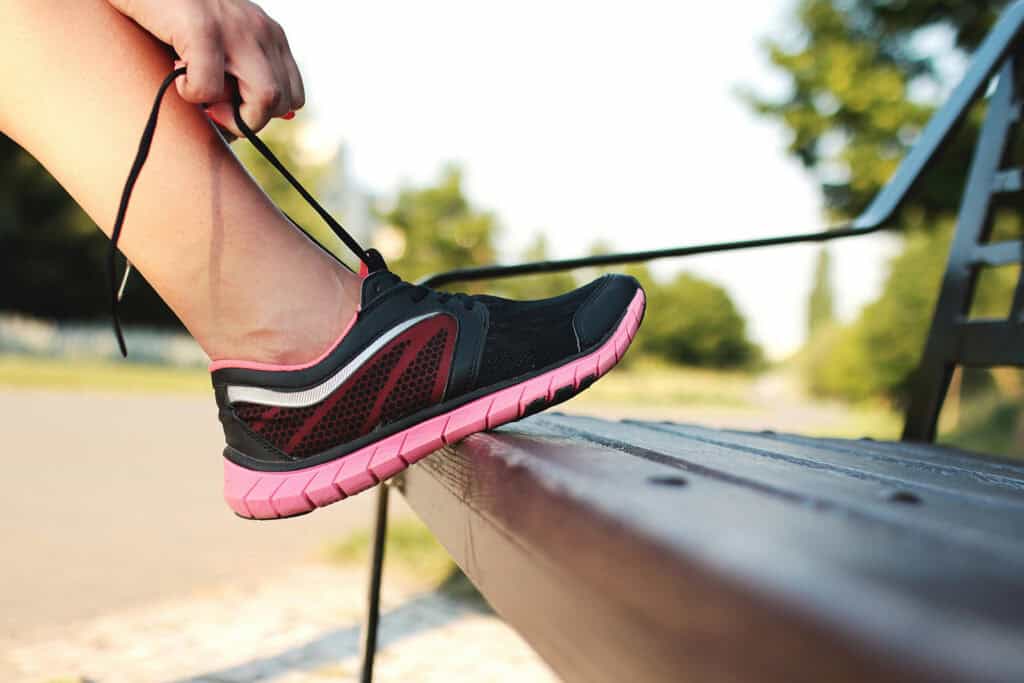
- Walking is an easy, low-impact way to stimulate digestion and boost circulation.
- Daily walks help your body feel less heavy and improve energy.
- Aim for 30 minutes of brisk walking each day, especially after meals.
- Combine with 2–3 sessions of cardio or strength training to manage extra pounds.
8. Practice Yoga or Stretching
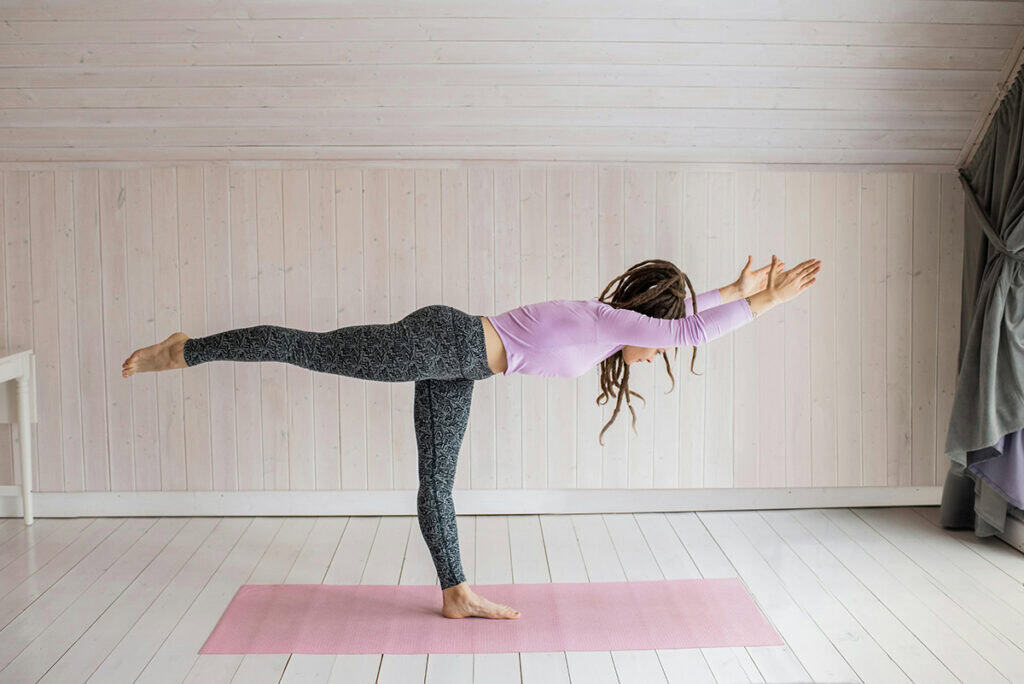
- Yoga improves flexibility, posture, and body awareness.
- Helps relieve muscle tension and reduce stress in the nervous system.
- Try gentle flows or stretching sessions in the morning or evening.
- Supports the body and mind by creating inner calm.
9. Try Rebounding or Jumping Exercises
- Gentle jumping helps the lymphatic system release toxins.
- Boosts blood flow, balance, and energy levels.
- Just 10–15 minutes a day can reduce bloating and symptoms of fatigue.
- Great for a quick and fun way to reset your mood.
10. Dance or Do Fun Cardio
- Dancing lifts your spirit and helps burn calories.
- Choose upbeat activities like Zumba, cycling, or swimming.
- Helps reduce symptoms of feeling heavy or sluggish.
- Fun movements help you stay consistent.
11. Do Light Strength Training
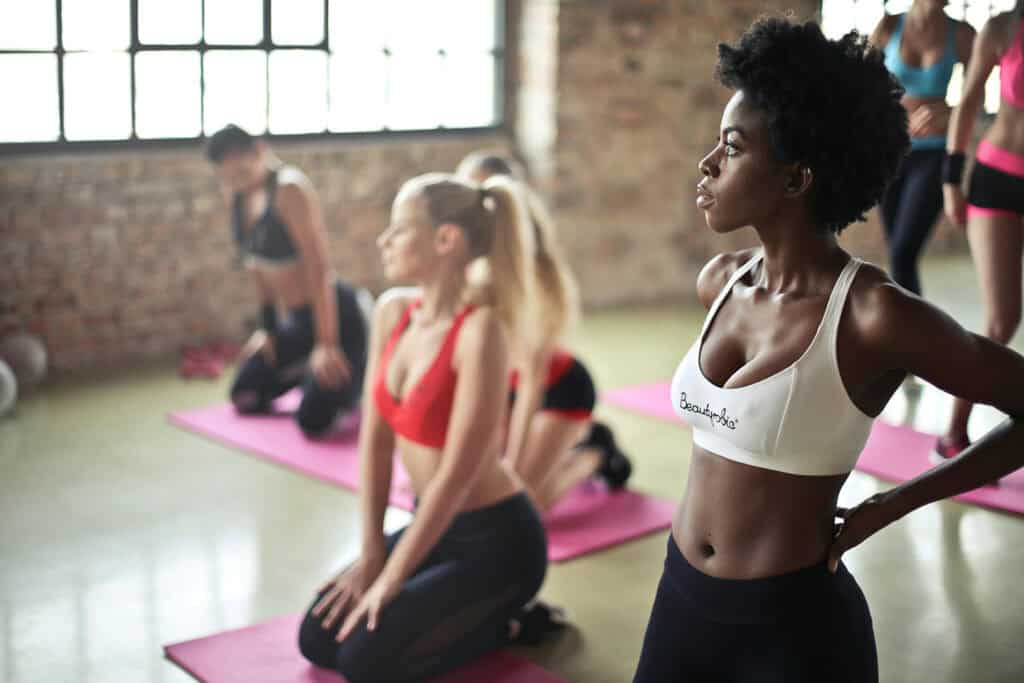
- Builds lean muscle and burns more calories at rest.
- Improves body composition, core strength, and posture.
- Keeps your metabolism active and supports weight management.
- Strength training even 2–3 times a week has long-term benefits.
12. Avoid Prolonged Sitting

- Sitting too long contributes to tight muscles and reduced circulation.
- Can make your body feel heavy and stiff.
- Take regular breaks to walk, stretch, or stand.
- Helps regulate your nervous system and energy flow.
Daily Habits to Feel Lighter Physically
Lifestyle plays a big role in how your body feels day to day. Simple changes can have a major impact on how light and energized you feel.
See also How Can I Drink More Water?
13. Get Quality Sleep

- Sleep regulates hormones that control hunger, metabolism, and mood.
- Lack of sleep can lead to poor digestion and feeling physically heavy.
- Prioritize a wind-down routine and aim for 7–9 hours of rest.
- Supports your body and mind for optimal recovery.
14. Reduce Stress

- Chronic stress can cause physical tension and bloating.
- Stress affects your hormones, sleep, and digestive functions.
- Practice mindfulness techniques to regulate the nervous system.
- Journaling, nature walks, and breathing exercises are helpful tools.
15. Practice Mindful Eating
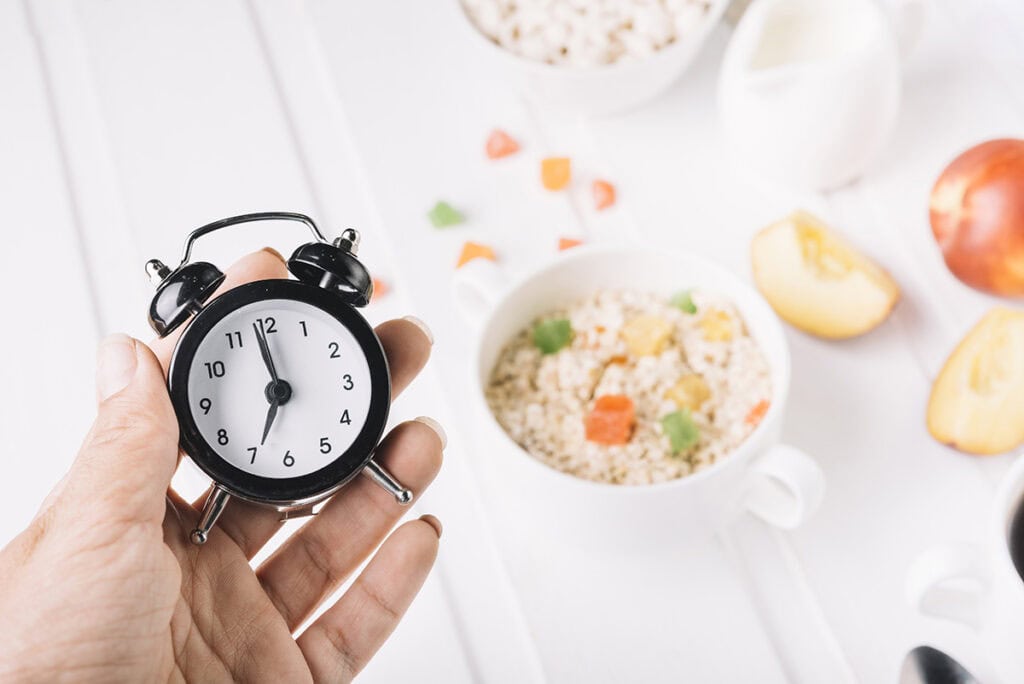
- Paying attention to your meals can reduce overeating and bloating.
- Avoid emotional eating or using comfort foods to suppress feelings.
- Focus on eating with intention and gratitude.
- A healthy diet includes being aware of what and why you eat.
16. Limit Alcohol

- Alcohol slows down digestion and can cause weight gain.
- Can also affect your sleep and make your body feel heavy.
- Hydrate and balance alcohol intake with whole foods.
- Stick to moderation for better energy and health.
17. Start the Day with Lemon Water

- Kickstart digestion and detoxification each morning.
- Hydrates your system and helps relieve bloating.
- Add vitamin D-rich foods or supplements during breakfast.
- Supports a healthy start to your day and boosts your metabolism.
18. Stick to a Routine

- A consistent routine helps your body feel lighter physically and emotionally.
- Supports hormone balance and improves digestion.
- Helps avoid the rollercoaster of energy crashes and cravings.
- A good routine includes balanced meals, rest, movement, and time for yourself.
How to Feel Lighter Physically: Final Thoughts
To feel lighter physically, focus on a balanced combination of smart nutrition, daily movement, and healthy habits. You don’t need to follow extreme diets or exercise routines—simple and consistent practices are the most sustainable. Factors like life transitions, certain medications, or hormonal changes can also affect how your body feels.
By eating whole foods, staying active, reducing stress, and following a healthy diet, you’ll feel more energized, less bloated, and lighter from the inside out. Your body is always communicating with you—listen to it, care for it, and you’ll notice real improvements in your daily life.
Start today by taking one small step in any area—your moment to feel lighter physically begins now.


